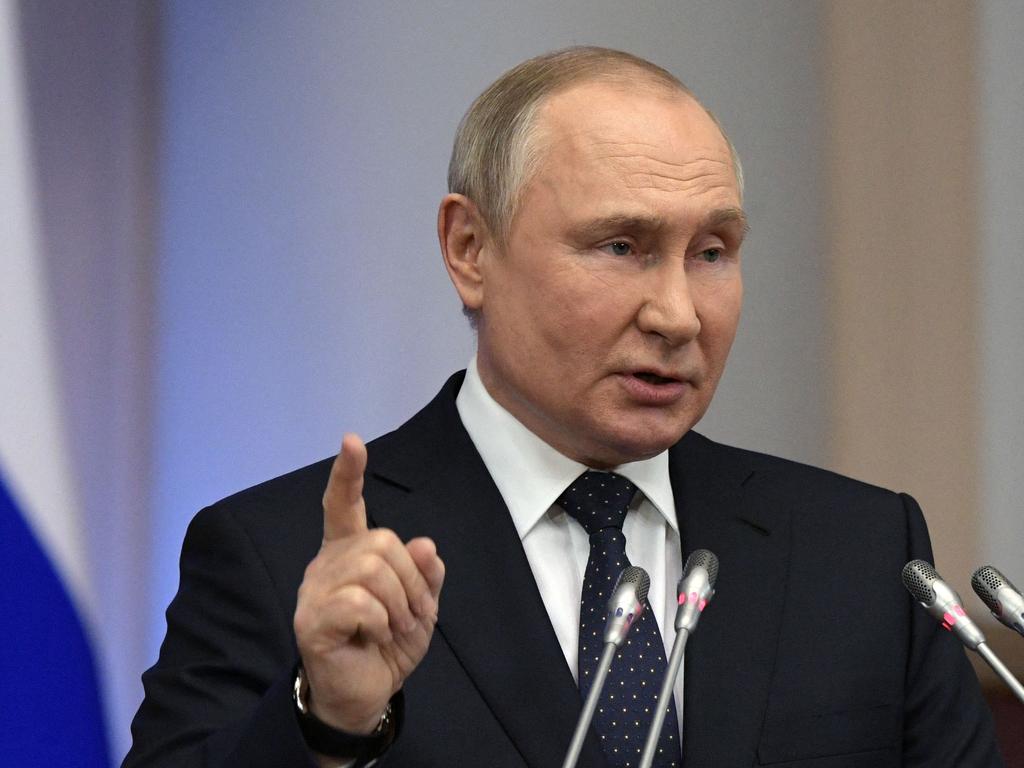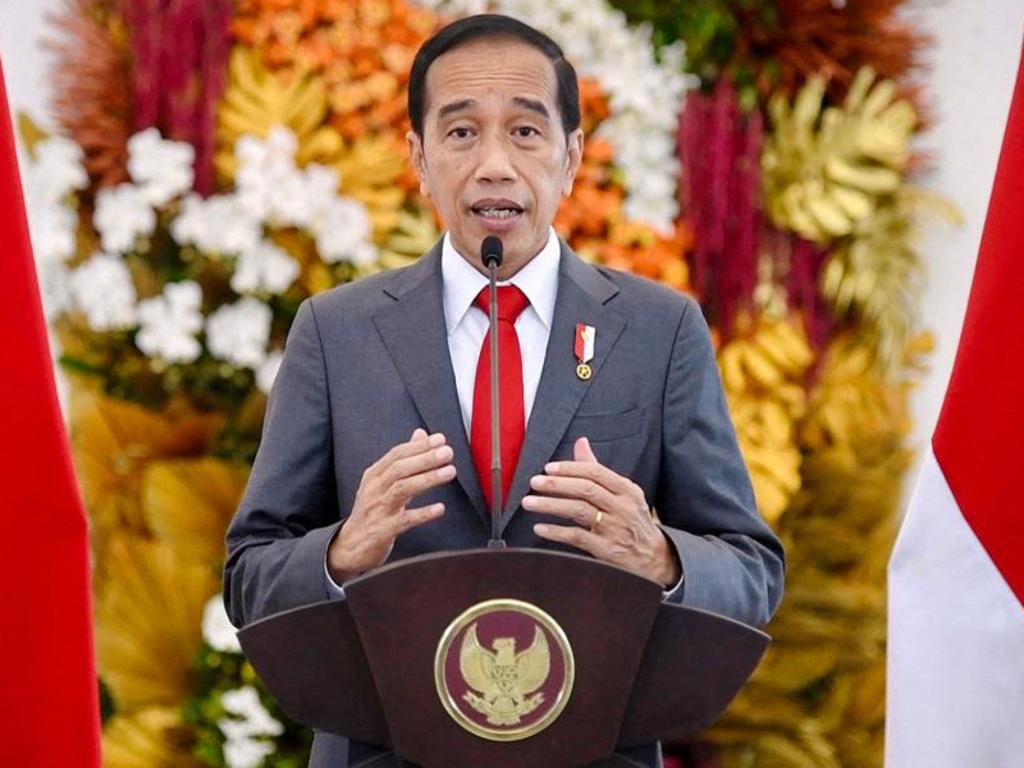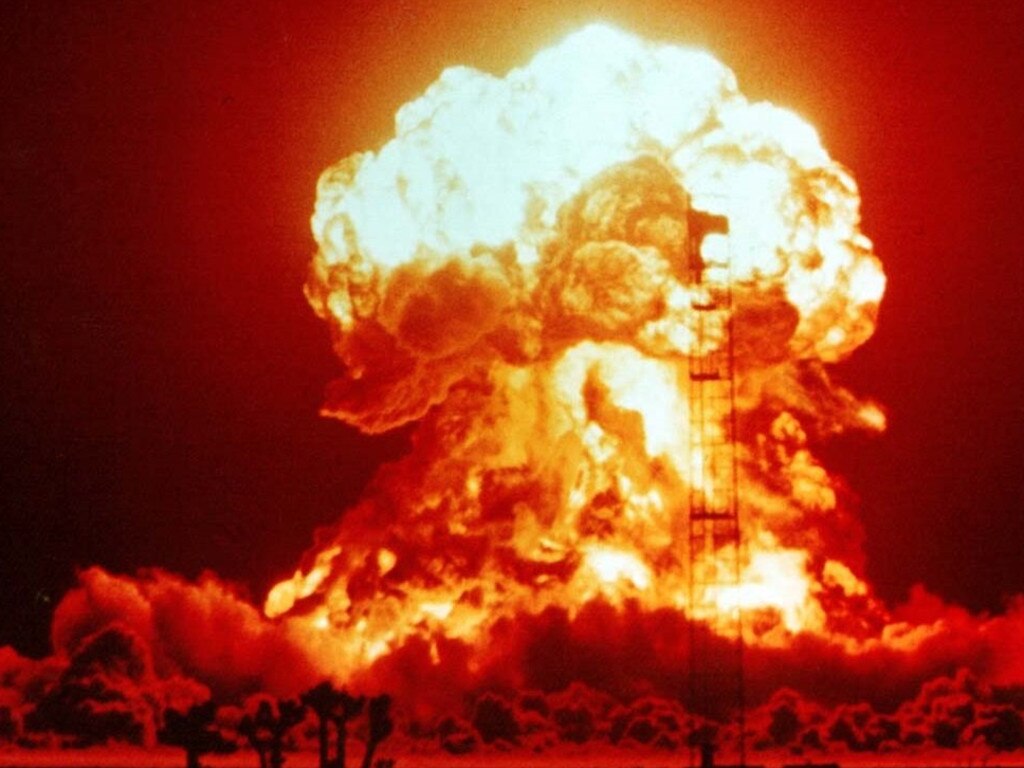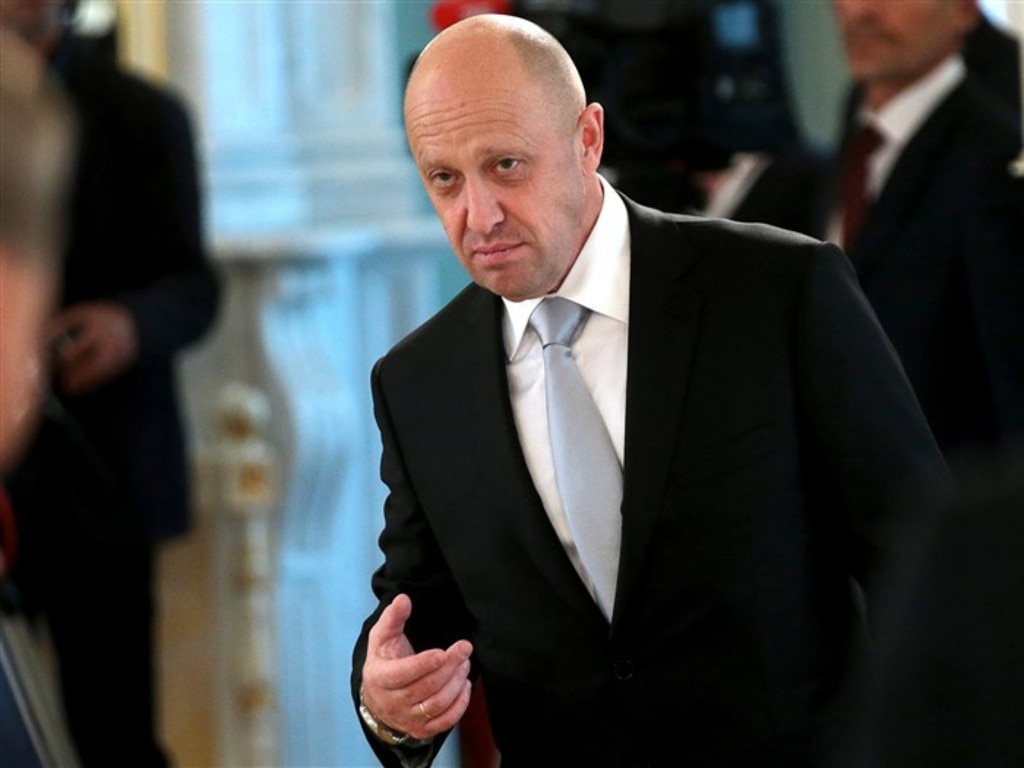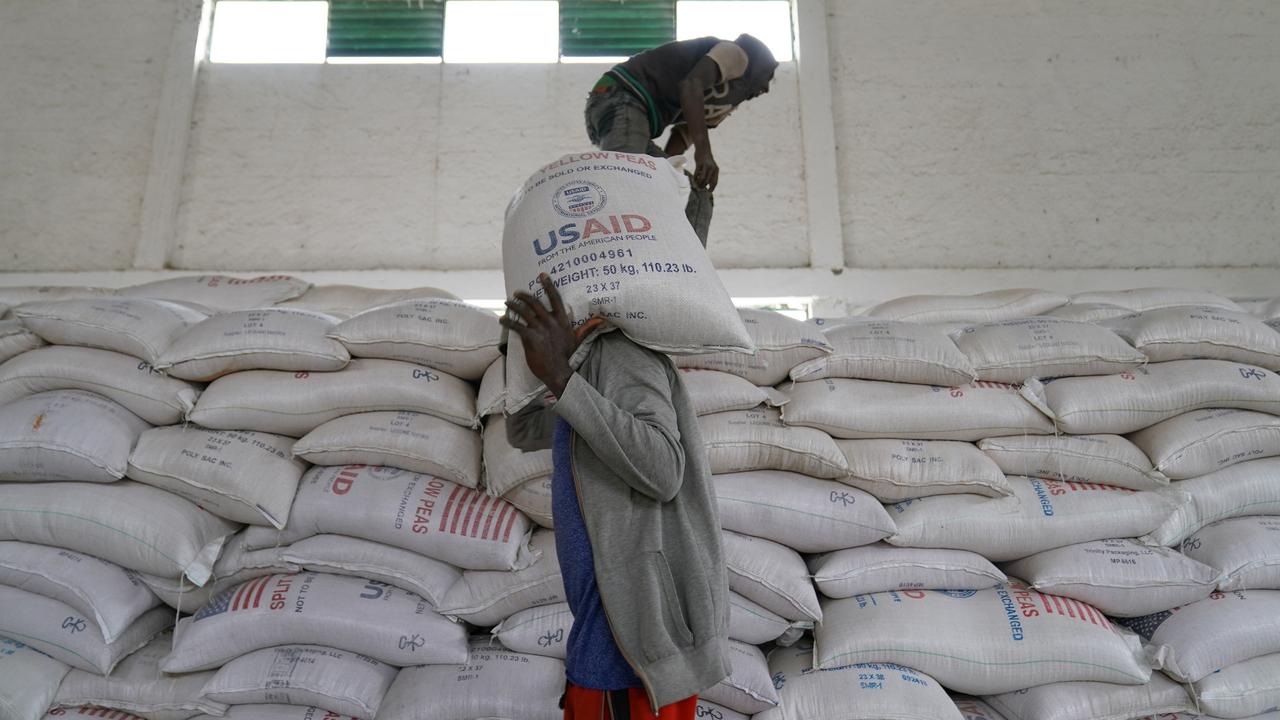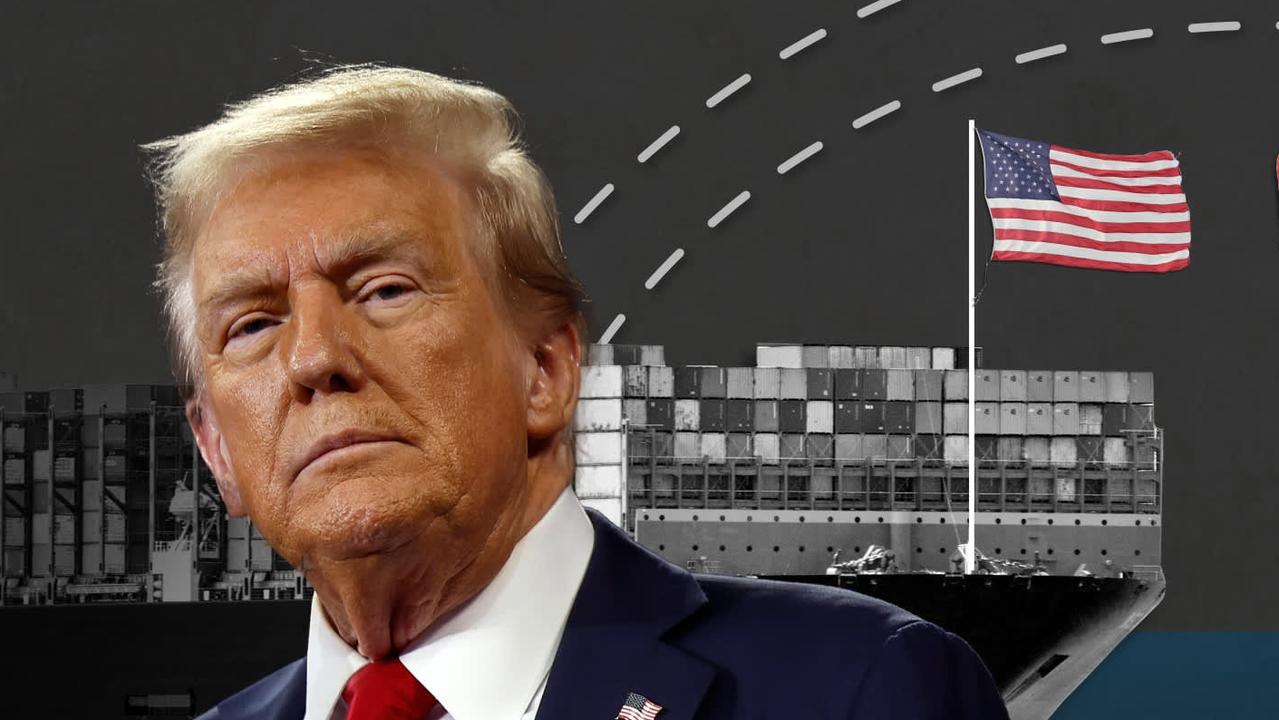Russia isn’t a military state. It’s a delusional one
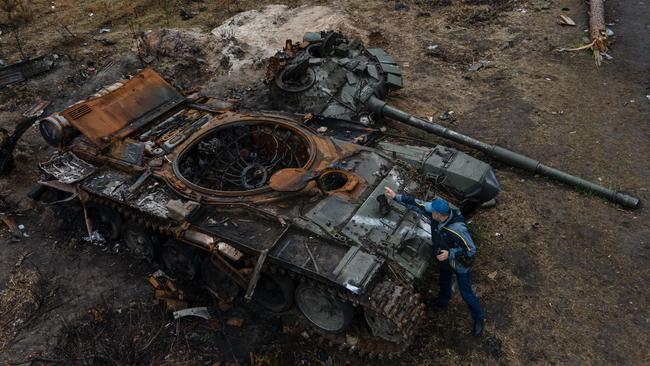
When Russian tanks were shelling the nuclear core at the Zaporozhskaya power plant with live rounds, not all of the shells exploded because they were too old and decrepit. This story, told to me by Piotr Kotin, head of the company that owns the plant, is a metaphor for Vladimir Putin’s war on Ukraine.
The current Russian army is a replica of Joseph Stalin’s Red Army, designed to saturate minefields with bodies.
During World War II, while U.S. generals were parachuting onto battlefields with their troops and sharing their hardships, Soviet generals stayed far from the front and sent wave after wave of doomed conscripts against impregnable defences. So it is no surprise that their successors asked troops under their command to dig trenches in the highly radioactive soil of Chernobyl and sent units into the meat grinder of Chornobaivka.
Incompetent, corrupt army
The incompetent and corrupt Russian army blundered into this war. Soldiers picked the wrong roads. Broken tanks littered the thoroughfares well before contact with the enemy: mired in mud, out of fuel and, above all, lost. In the 21st century, with satellites dotting the sky, the Russian army was using outdated Soviet paper charts with towns that had changed names and roads that no longer existed.
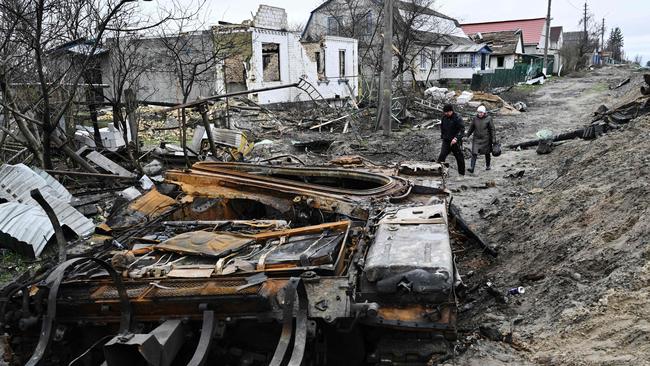
Why weren’t Russian troops using the Global Positioning System or its Russian counterpart, Glonass? It seems, among other things, that the Russian army fell victim to its own propaganda. Before the war, Mr Putin had been fascinated with the acquisition of new weapons. Among the most important were electronic countermeasures, or ECM. They were supposed to be a game-changer that could be used to black out GPS, disrupt communications, and take over drones or deliberately crash them into the ground.
ECM units were indeed marching with all Russian columns as they entered Ukraine. But they didn’t work as planned. Instead of knocking Turkish drones out of the skies, the ECM units blacked out all communications, including the Russian army’s. “This is the problem of ECM. It either isn’t working, or, when it’s working, it’s wrecking your side much more than the enemy’s,” says Victor Kevluk, a military expert with Ukrainian Centre for Defence Strategies.
The Russian army blinded itself on foreign land, while the Ukrainians knew their way in the dark.
Mass terror replaces technology
So instead of relying on new technology, the Russians turned to an old tactic: mass terror. Russian soldiers raped Ukrainian women and executed Ukrainian men. Mariupol is being razed to the ground. Former Ukrainian General Staff Colonel Oleg Zhdanov vividly described to me in an interview how, in Berezovka, “the dug-in tanks made a shooting range with fleeing civilian cars as targets.”
The mass terror was the direct consequence of mass lying, for it is easier to expend ammunition on a bunch of fleeing civilians than to engage a real military target. Even the looting has become organised. Ruslan Leviev, founder of the open-source-based Conflict Intelligence Team, claimed in an interview that soldiers are driving stolen cars laden with loot to Russia to sell them on improvised markets, and they pay part of the proceeds to their officers.
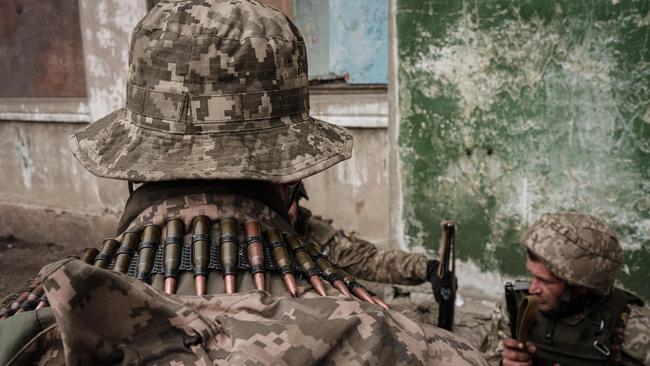
This is truly amazing. A modern army doesn’t loot. It is doubtful that the same army that left Bucha toting trophy dishwashers will be able to regroup swiftly to fight in the Donbas.
How did Mr Putin think he could win this war? The answer has to do with state delusion. It is easy to mistake Russia for a military state. It isn’t. It’s true that the Russian state is run by siloviki (roughly translated as “the enforcers”), but those strongmen are from the Federal Security Service, known as the FSB, not the army.
Putin, himself a former KGB officer, has long been highly suspicious of a possible army coup. The incompetence of the Russian military is at least partly intentional — designed to reinforce that the FSB, not the army, was in charge of running Russian society. The FSB and its political allies told Mr Putin what he wanted to hear: namely, that Russia had an extensive network of sympathisers in Ukraine who would hand the country to him on a platter. A state with this level of incompetence and delusion simply wouldn’t have survived in the 19th century.
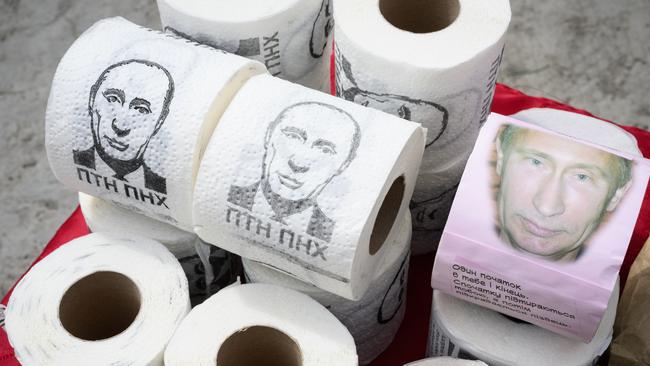
Things are different today. Sanctions are much preferred to direct fighting. And while economic sanctions can isolate a rogue regime, they can’t crush it. Mr Putin has gotten many things wrong in his current war, but he did get one thing right. The North Atlantic Treaty Organization won’t go to war over Ukraine. And this is perhaps the biggest reason why he must be crushed. If not, more Vladimir Putins will follow, including those with a much firmer grip on reality.
Yulia Latynina was a journalist with Echo of Moscow and Novaya Gazeta, Russian press outlets that have been shut down during Russia’s war with Ukraine. She is currently in exile.
The Wall Street Journal

